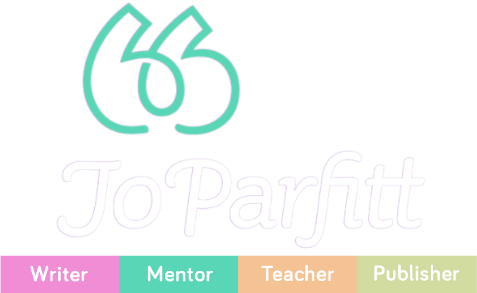I don’t know about you but I’m a big fan of Masterchef on the telly. It always seems to me m that the chefs that get the most enthusiastic and throw the biggest variety of ‘stuff’ on the plate get voted off, while those who make something utterly delicious out of a small and carefully selected number of ingredients get through. Only today I watched Tom get through to the next round with his simple asparagus and hollandaise sauce. It’s the same with writing.
Ian and I have just spent a few days in Sicily and I knew that the trip would provide me with something inspiring for this newsletter, I just wasn’t quite sure what that would be. On the first morning we set off to visit the Greek and Roman amphitheatres for which Syracuse is famous. Within seconds I had stopped in my tracks.
“What’s that smell?” I asked. “It’s gorgeous. Like honey.”
“Oh yes,” Ian responded with more enthusiasm than I might have expected. “Where is it coming from?”
I looked around and noticed that the grove of olive trees at the roadside seemed to have been planted in a meadow of little white flowers. The flowers looked like the alyssum that Brits like to use in their rockeries. “Maybe that’s what gives local honey its flavour?” I wondered and we walked on, vowing to check it out on Wikipedia later*.
Less than an hour later, in gardens that have been created out of an old quarry I saw what would be the first of many lemon trees. I remembered that Sicily is famous for its lemons.
“Honey and lemon!” I said out loud to no one in particular. I could see a theme for the Inspirer was emerging. But then we visited the amphitheatres and I became enthralled by the deep pits that had been constructed beneath the stage for the ‘machinations’. More than two thousand years ago the theatre sets revolved, rose from stage doors and dropped away. Machinery was hidden from view but had a crucial part to play in the performance. I could feel a metaphor coming on and thought that maybe the machinations could represent the editing and punctuation, the rules and the conformities that turn the ‘shitty first draft’ of a piece of writing into something fit to be shown to the world.
So now I had a lemon and honey theme and an importance of behind the scenes theme for this piece. Already I knew it was too much, and as the holiday progressed I began to see typical ingredients popping up in Sicilian cuisine. Pistachio nuts, blood oranges, wild fennel, ricotta cheese, sundried tomatoes, capers, olives, basil, swordfish, pumpkin, pasta, of course, courgetti, aubergine, aubergine and yet more aubergine and golly those lemons were enormous – almost as big as rugby balls. There was no way I was going to get away with cramming all those different ingredients into one dish. If I did, I was bound to get voted off (aka unsubscribed).
But it was obvious wasn’t it? The lesson I learned in Sicily and that I am sharing with you now is that of selecting the finest ingredients and then stopping. The lemon and the honey belong together. The Greek and Roman history in another. The aubergine, capers, courgette and tomatoes can be set aside for caponata. They cannot all go on one plate nor in one dish. It’s the same for a poem, an article, a book. The finished piece will be better for being made with fewer, finer ingredients so that each element is the star of its own show. Better still, as you live your life, paying attention and foraging for inspiration you can collect a host of ‘ingredients’ in you metaphorical basket and use them not for one piece but for several clear and simple pieces rather than a larger muddled one.
“A painting is never finished, it simply stops in interesting places,” said artist and teacher Paul Gardner. Writing is like that too. We can fiddle and add to it forever, but we must learn to stop and remember less is more and that sometimes just lemon and honey is enough.
*the flower did indeed turn out to be alyssum maritima (sweet alison) and yes it does smell of honey, though most Sicilian honey takes it flavor from orange blossom.


